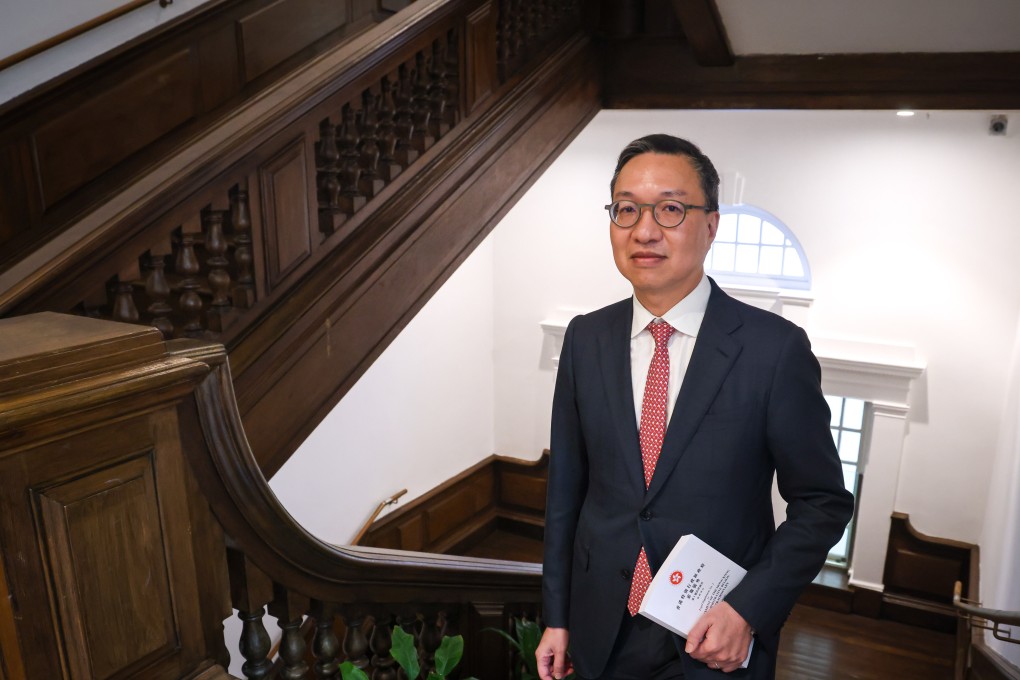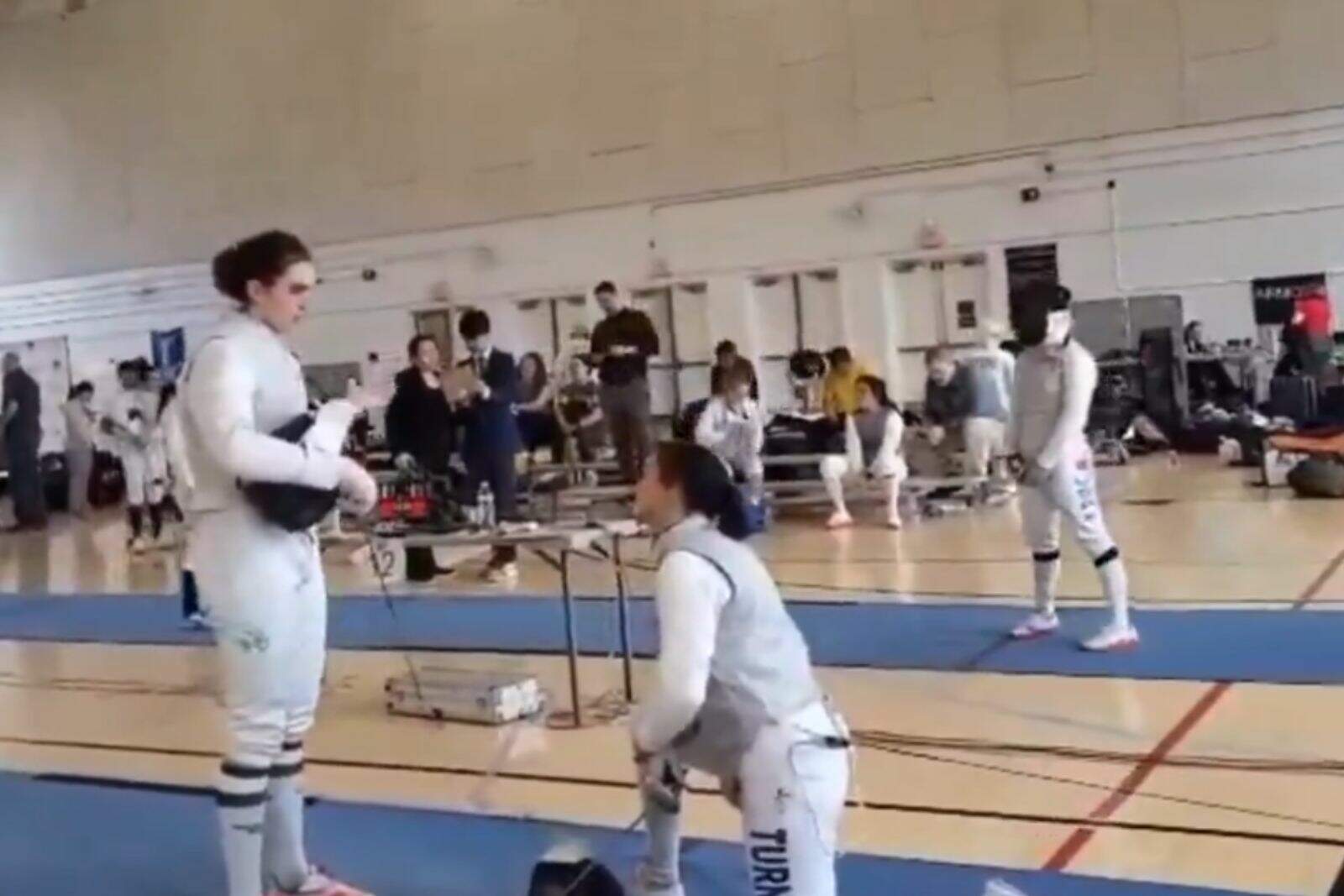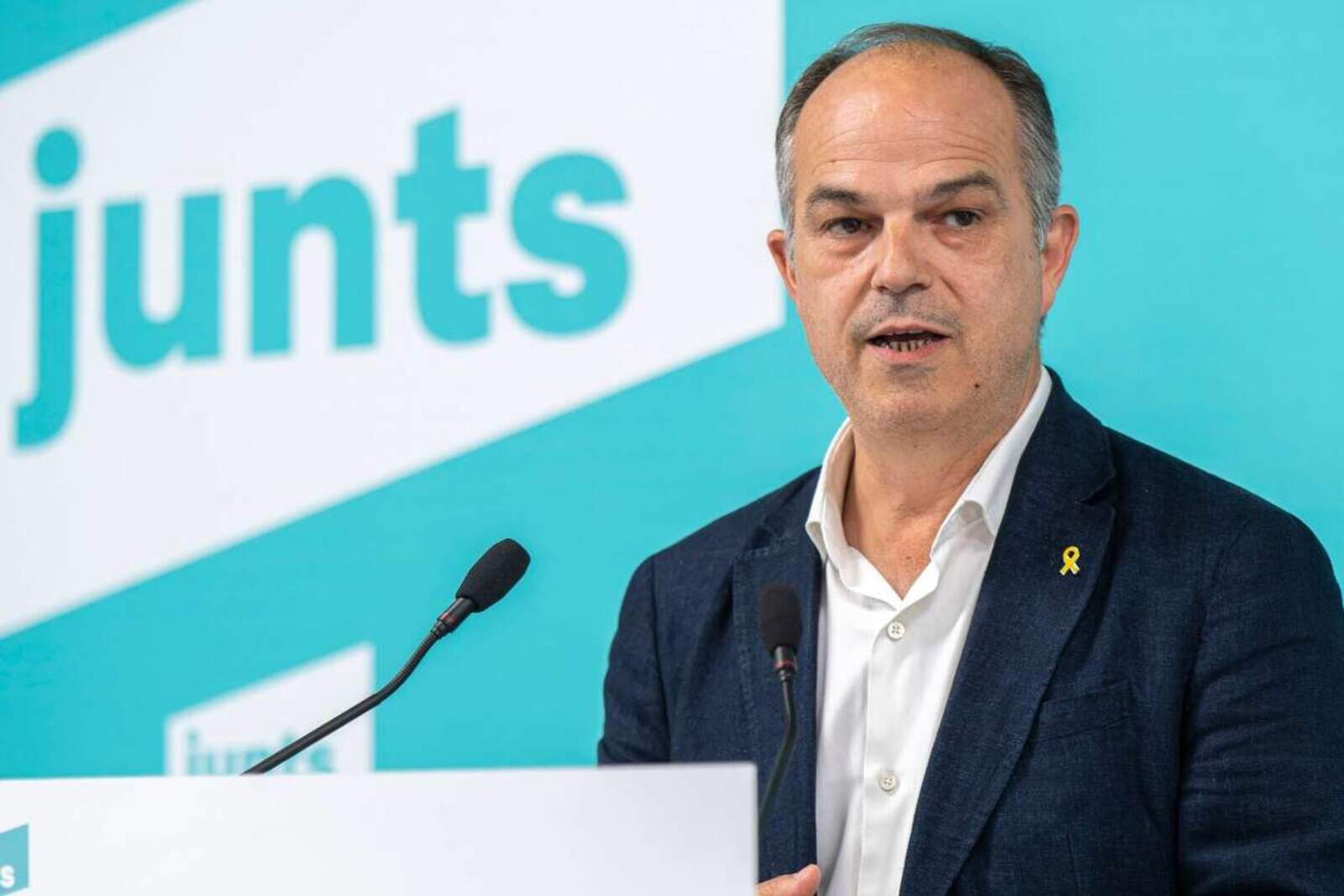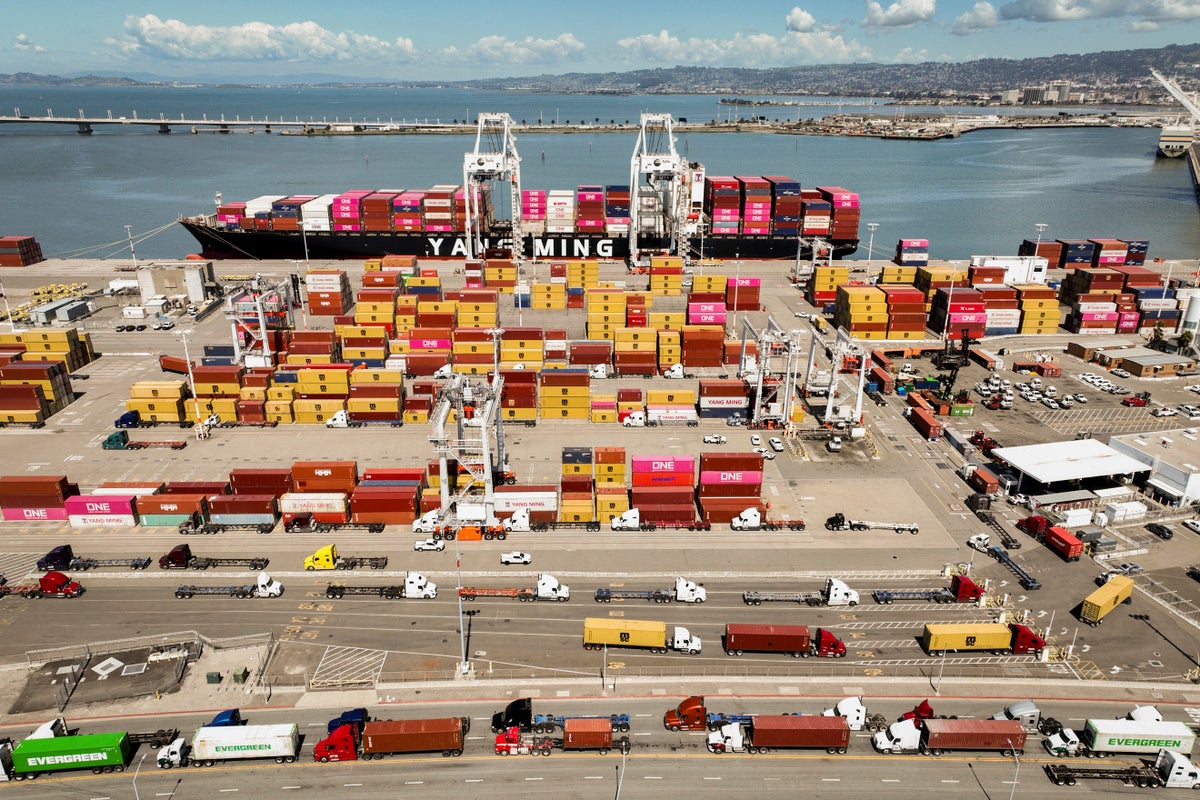It is nearly five years since the United States imposed sanctions on the first batch of 11 Hong Kong and mainland officials – including Chief Executive John Lee Ka-chiu – over the Beijing-imposed national security law. They remained a provocation throughout the four years of former US president Joe Biden’s term in office. But while they were not withdrawn, nor were they extended to more officials.
That has changed under the second administration of President Donald Trump. Now Washington has imposed sanctions on six more officials, including the city’s retiring police chief and Secretary for Justice Paul Lam Ting-kwok, claiming they had undermined the city’s protected rights and freedoms. US Secretary of State Marco Rubio, a noted China hawk, cited an executive order signed by Trump during his first term of office.

Beijing has condemned this latest round of sanctions and vowed retaliation, criticising the US for a “malicious intent to undermine Hong Kong’s prosperity and contain China’s development”. This comes amid tension in China-US relations as Trump upends the global trade and security systems. There could be few more problematic times to throw fresh sanctions into bilateral relations – just before Li Ka-shing’s CK Hutchison Holdings was to sign a controversial deal to sell the conglomerate’s 43 overseas ports, including two at opposite ends of the Panama canal, to a consortium led by US investment firm BlackRock.
.
Politics

US playing dangerous game by targeting Hong Kong officials

Latest sanctions over national security law under the guise of human rights can only worsen already fraught Washington-Beijing relations.















